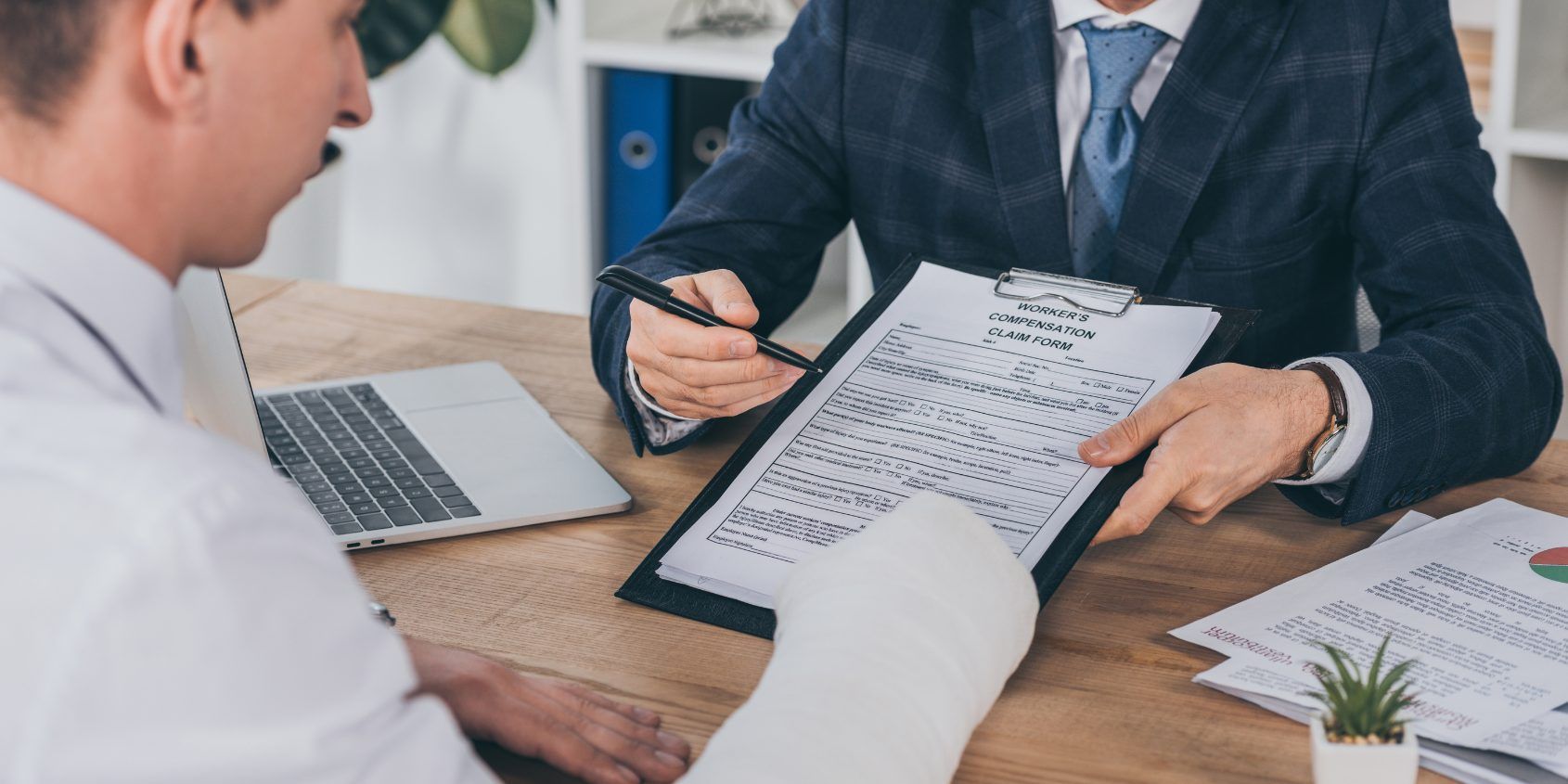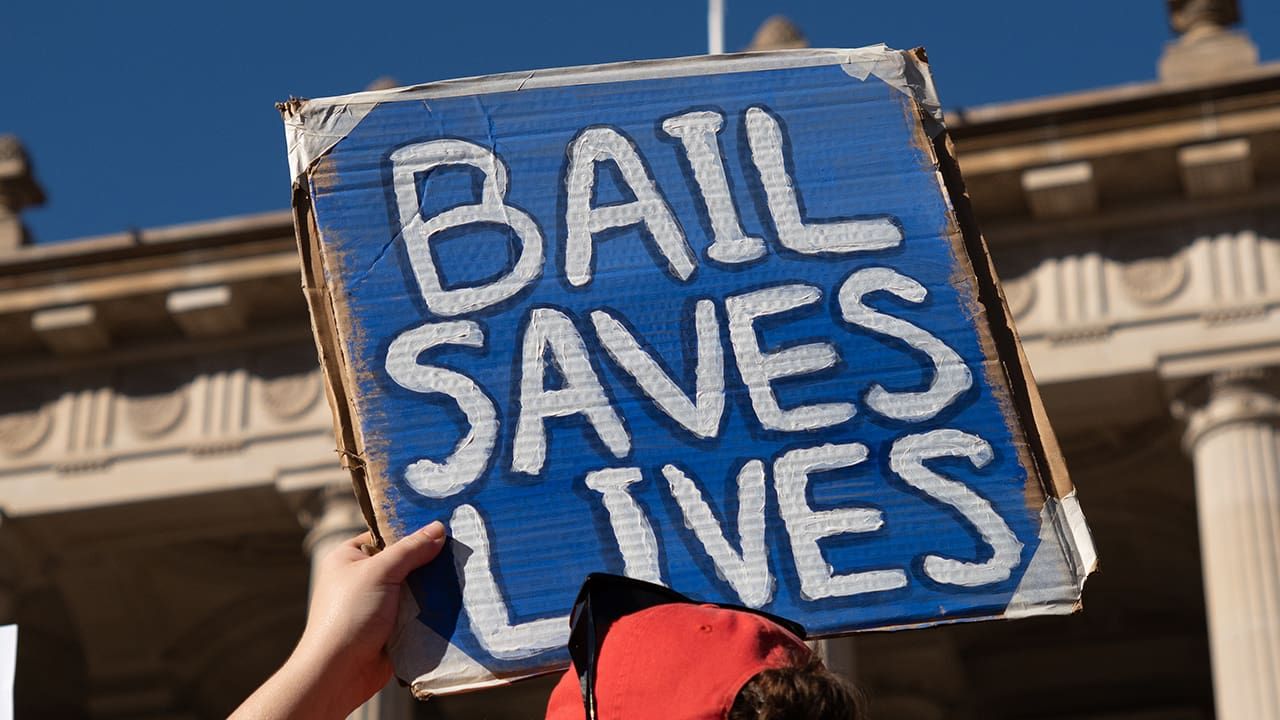What questions are asked in a police interview?
Kells Lawyers • November 14, 2024
In New South Wales, police interviews (or interrogations) are conducted to gather information related to a crime or incident. The types of questions asked can vary based on the nature of the investigation and the role of the person being interviewed (e.g., suspect, witness, or victim).
Below are common types of questions and themes typically encountered in police interviews:
General Information
- Can you confirm your full name, address, and date of birth?
- Do you understand that this interview is being recorded?
Rights and Legal Matters
- Are you aware that you have the right to remain silent?
- Do you understand that anything you say can be used as evidence?
- Would you like to have a legal representative present during this interview?
Background and Context
- Where were you on [specific date and time]?
- Can you describe your activities on the day of the incident?
- Who were you with at that time?
Incident-Specific Questions
- What do you know about the incident that occurred on [date/location]?
- Did you see or hear anything unusual around the time of the incident?
- Do you have any involvement or connection to the individuals involved?
- Can you walk me through what you were doing when the incident happened?
Clarifying Details
- Why were you in the area at that time?
- Do you know any of the people involved in this matter? If so, what is your relationship with them?
- Can you provide an explanation for [evidence or observations made by police]?
Follow-up and Contradictions
- Earlier, you mentioned [statement]—can you elaborate on that?
- How do you explain the discrepancy between your account and [another witness statement or evidence]?
Closing Questions
- Is there anything else you would like to add or clarify before we conclude this interview?
- Do you have any questions for us about the interview or your rights?
Important Notes:
- Legal Representation: It is crucial to know that, as an interviewee in NSW, you have the right to seek legal advice before and during an interview. An experienced criminal lawyer should be present to provide guidance and protect your rights.
- Voluntary Participation: You are generally not required to answer questions except for providing your name and address in certain situations (e.g., being the owner of a vehicle involved in an alleged offence).
- Recorded Interviews: Police interviews are typically recorded for transparency and evidence purposes.
Understanding the types of questions asked and your legal rights can help ensure that you are prepared for a police interview. At Kells, our criminal defence lawyers in Wollongong and Sydney are dedicated to protecting and enforcing our clients’ rights. Our team is guided by a former police officer and senior police prosecutor who has an unrivalled knowledge of court procedures having conducted countless hearings and bail applications bringing a level of insight that can only be obtained from years in a courtroom.

Kells has been delivering outstanding services and legal expertise to commercial and personal clients in Sydney and the Illawarra region for more than five decades. Our lawyers are savvy and understand your needs.
Subscribe
Want to get the latest articles and news delivered to your inbox?




